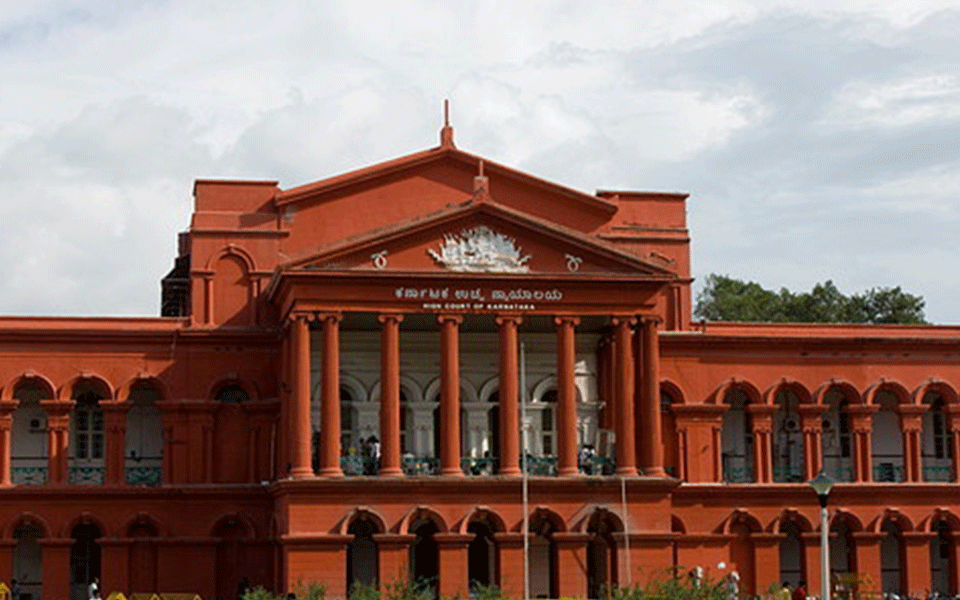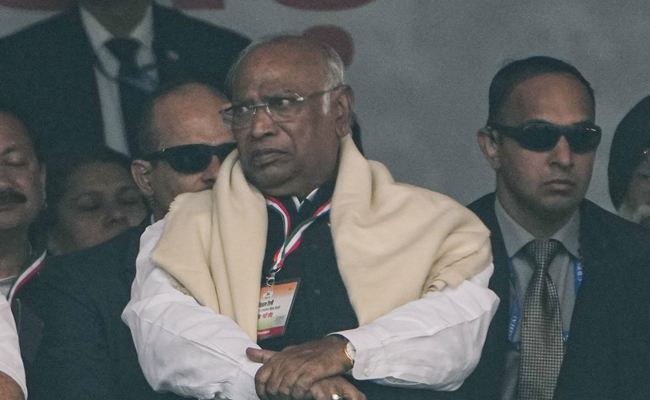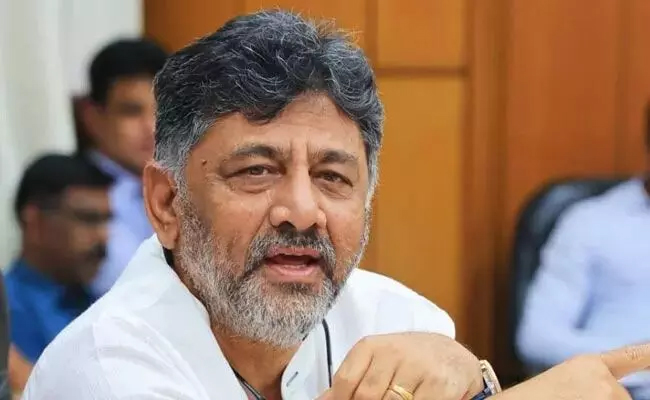Bengaluru: Karnataka High Court on Thursday adjourned the hearing in the Hijab case till Friday. The hearing will now resume at 2:30 pm on Friday.
Let the Truth be known. If you read VB and like VB, please be a VB Supporter and Help us deliver the Truth to one and all.
New Delhi (PTI): Congress president Mallikarjun Kharge on Sunday launched a scathing attack on the BJP, saying those indulging in "vote chori" are "gaddars" and need to be removed from power to save the voting right and the Constitution.
Addressing the party's 'Vote Chor Gaddi Chhod' rally at the Ramlila Maidan here, Kharge said it is the duty of all Indians to unitedly strengthen Congress ideology as only this party can save the country.
He alleged that the RSS ideology will "finish the nation".
ALSO READ: Rally against "vote chori" to protect every citizen's right, says D K Shivakumar
"The BJP people are 'gaddars' (traitors) and 'dramebaaz' (indulge in theatrics). They need to be removed from power," Kharge said.
The Congress president also said that he did not go for his son's operation in Bengaluru and stayed to attend the rally as he thought it was important "to save 140 crore people".
#WATCH | Delhi | Congress President Mallikarjun Kharge says, "The leaders of the BJP only do drama...Some BJP leaders were questioning whether, after the Parliament session, Rahul Gandhi is going abroad. During the Parliament session, PM Modi never attends the session but goes… pic.twitter.com/DMa5nAyc3Z
— ANI (@ANI) December 14, 2025





